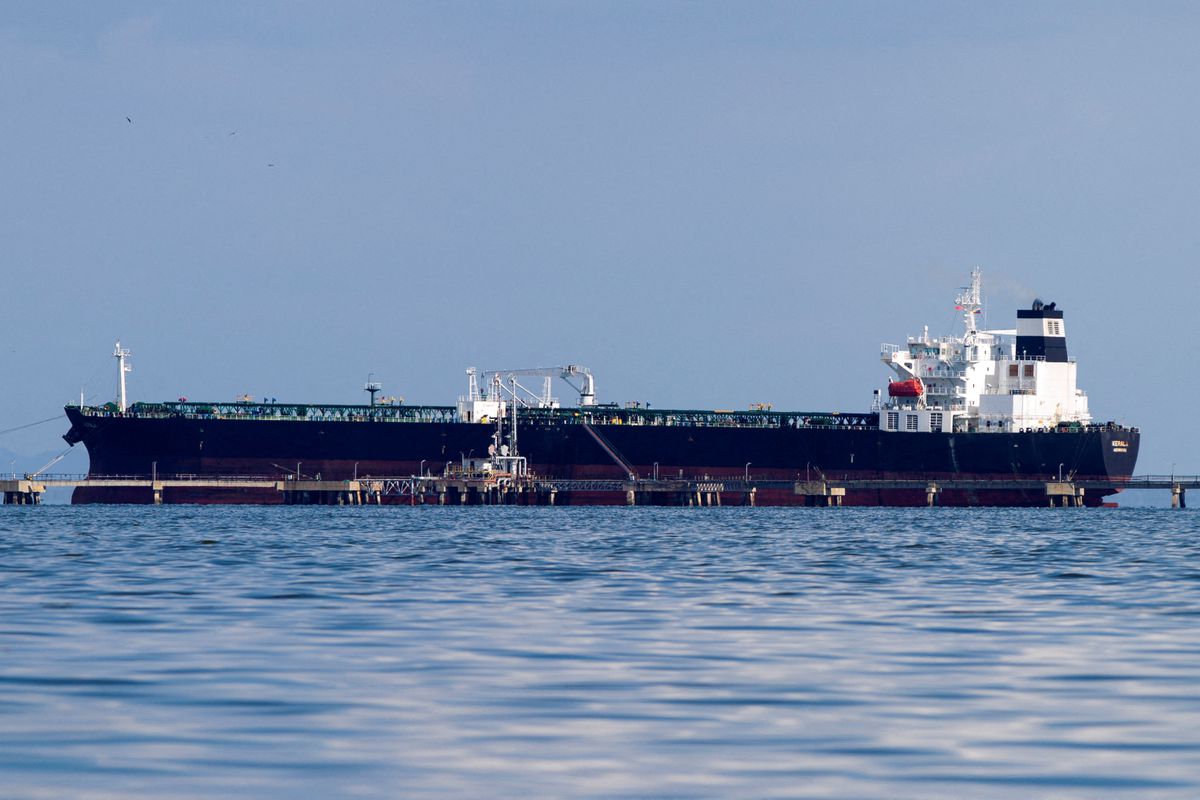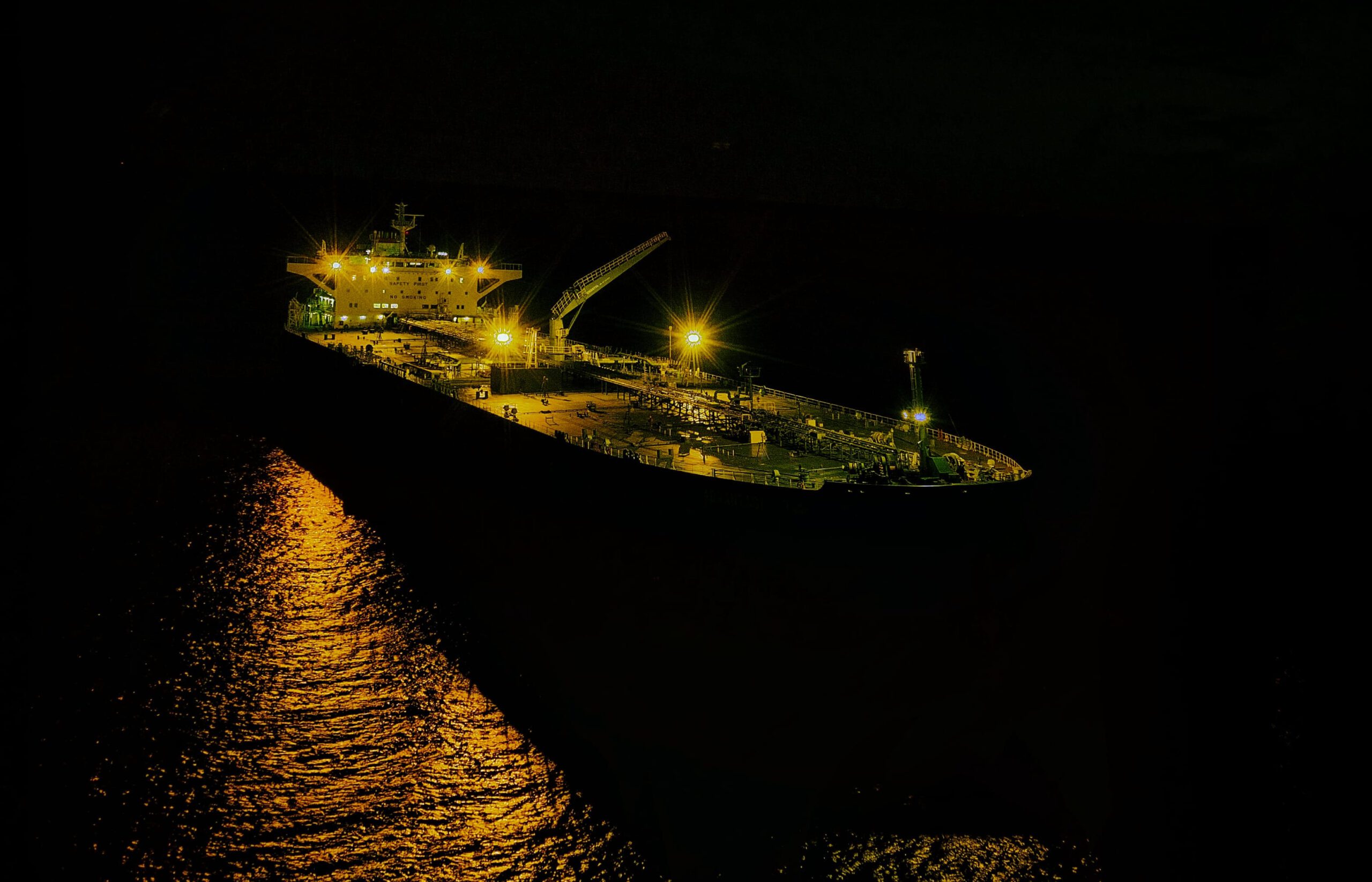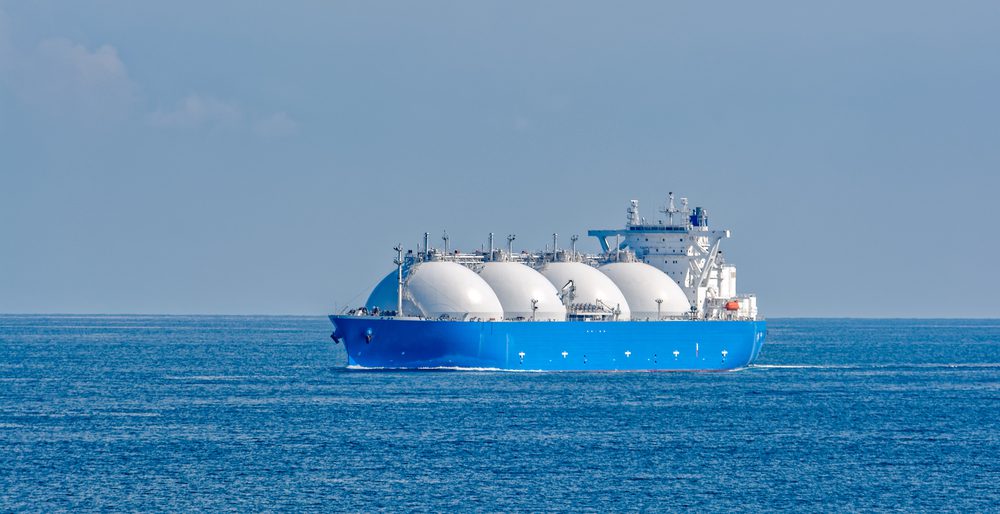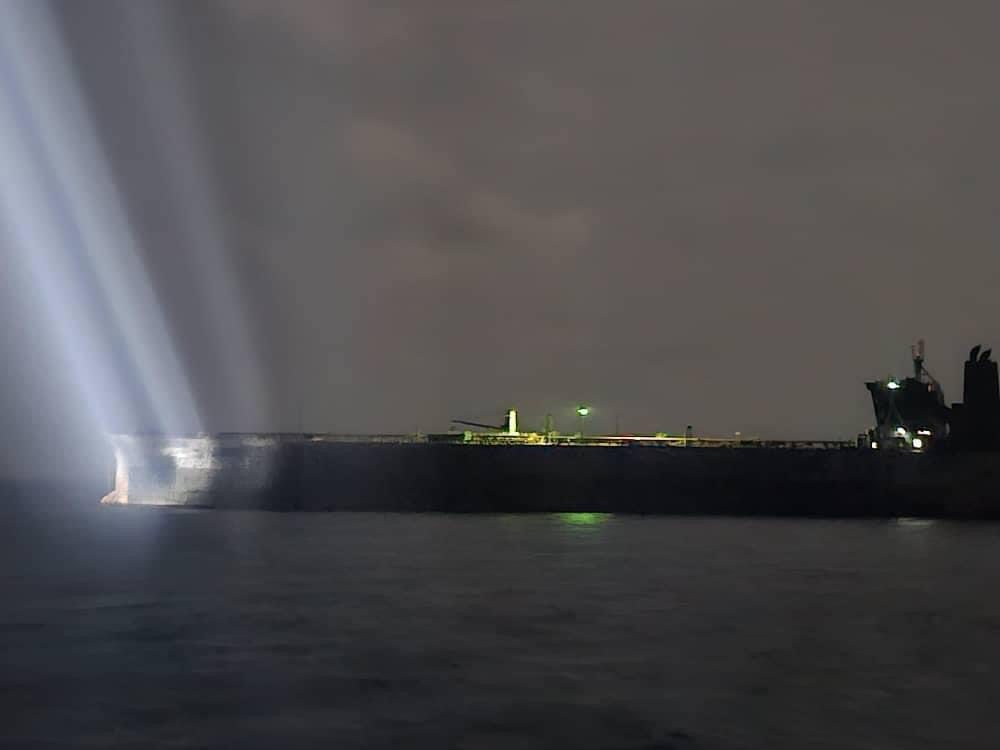By Marianna Parraga and Matt Spetalnick
HOUSTON/WASHINGTON, March 30 (Reuters) – Valero Energy Corp VLO.N, the second-largest U.S. oil refiner, is seeking Washington’s permission to import Venezuelan crude, according to four people close to the matter, hoping for a repeat of the approval granted to Chevron Corp in November after a four-year ban.
President Joe Biden’s administration has eased some U.S. sanctions on the OPEC-member nation in an effort to encourage a political dialog with the country’s opposition. That has led to further pressure from U.S., European and Asian energy firms, but Washington has resisted any additional major steps for now.
Venezuelan oil resumed flowing to the U.S. in January under a Treasury Department license granted to Chevron that allowed it to expand output there and export the oil. Refiners including Valero and Phillips 66 have bought cargoes from Chevron, according to U.S. Customs and shipping data.
The Chevron decision came as part of negotiations for humanitarian aid and a presidential election. But efforts to fund the aid by releasing Venezuela’s frozen money abroad have stalled and no new talks have been scheduled since that time.
Colombia’s President Gustavo Petro tweeted this week that the U.S. has agreed to attend an international conference on Venezuelan democracy to be held in Bogota.
CHEVRON-STYLE EXEMPTION
Valero is asking the Treasury for a Chevron-style exemption from sanctions and allow it to directly purchase crude from Venezuela’s state-run oil company PDVSA, said one of the sources, who is based in Washington.
Other details of the Valero request were not immediately known. No decision appears imminent, the source said, signaling that the U.S., for now, does not want to be seen further easing Venezuela sanctions until President Nicolas Maduro makes political concessions to Venezuela’s opposition.
Before oil sanctions were imposed on PDVSA in 2019, Valero was among the U.S. top three receivers of the South American country’s crude through long-term supply contracts that have not expired.
A Valero spokesperson said the company has not contacted the U.S. Treasury Department for permission to import Venezuelan oil.
“I am told that we have not applied for a license,” said spokesperson Lillian Riojas.
PDVSA did not reply to requests for comment. The Treasury Department declined comment.
The U.S. has banned all cash payments to Maduro’s administration under its easing of sanctions. Chevron’s license – and approvals granted to European firms Eni ENI.MI and Repsol REP.MC – allow only for oil or debt swaps.
‘NO NEW LICENSES’
“The United States provided targeted, time-limited sanctions relief to support efforts to restore democracy and alleviate the suffering of the Venezuelan people,” said a spokesperson for the White House National Security Council, referring to the six-month license granted to Chevron in November.
“We have no new licenses to announce or preview,” the spokesperson added.
Chevron’s resumption of Venezuelan crude imports has not led to an increase in the country’s overall exports this year, according to PDVSA schedules and Refinitiv Eikon data. The No. 2 U.S. oil company exported some 86,000 barrels per day of Venezuelan oil in February.
PDVSA’s new boss Pedro Tellechea in January suspended most oil supply contracts while reviewing payments for past shipments. That suspension has recently brought Venezuela’s exports almost to a halt, with only four customers – Chevron, Iran, Cuba and Hangzhou Energy – authorized to lift cargoes.
The investigation into payments and disclosure of $21.2 billion in commercial accounts receivable since 2020 this month prompted the resignation of powerful Oil Minister Tareck El Aissami and the arrest of top PDVSA officials.
(Reporting by Marianna Parraga in Houston, Matt Spetalnick in Washington and Deisy Buitrago in CaracasEditing by Marguerita Choy)
(c) Copyright Thomson Reuters 2023.

 Join The Club
Join The Club












